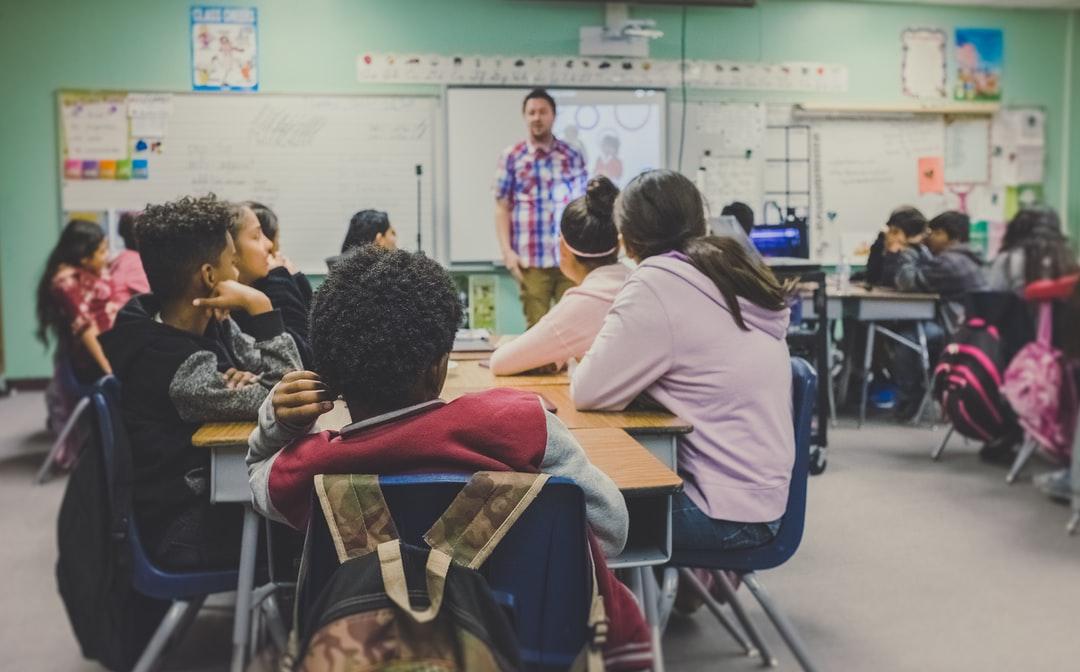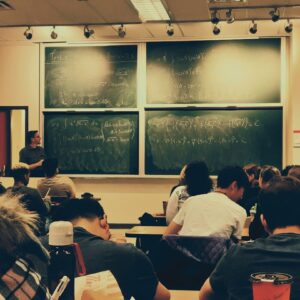What Is Personalized Learning?

From the time your baby was born, you've been told not to compare them to other children — that all children develop at their own pace. Pediatricians and parenting books all reassure new parents that their babies will learn and develop when they're ready.
However, when your child goes to school, this all seems to go out the window. Driven by Common Core standards, schools commonly teach as if every child should be learning the same thing in the same way at the same age.
What your pediatrician said when your child was six months old still holds true when they’re six years old. A one-size-fits-all educational approach does not acknowledge that students learn at different paces. Many students benefit from personalized learning that customizes learning for each child based on their strengths, weaknesses, skills, and needs.
Why Is Personalized Learning Important?
A personalized education plan puts students first. When children are invested in what they're learning, they're more engaged and more likely to excel. Students with some choice over their learning feel more empowered and achieve more. With personalized learning, students who have ADHD or learning disabilities can learn the way that works best for them.
Benefits of Personalized Learning
The benefits of personalized learning for students are many. Some of the most significant advantages of personalized learning environments include:
- Targeted skill development: Not all students are at the same level in every subject. With personalized learning experiences, educators can identify and fill gaps in student learning.
- Improved learning outcomes: Students can advance through skills at their own pace. While it's obvious how this can help high-achieving students, it's also good for students who are behind. Instead of floundering because they don't understand the lesson, they can progress at their own pace. A personalized learning plan can improve outcomes regardless of a student's beginning level of knowledge.
- Flexible learning: With individualized learning plans, students can explore their interests, fostering a lifelong love of learning.
- Reducing inequality: Catering learning experiences to different learning levels lets every student fulfill their potential.
- Efficient use of resources: With a personalized learning model, educators can spend their time focusing on the specific needs of students instead of creating a more generalized lesson that misses the mark with most students.
Personalized Learning Strategies That Work
Educators can use multiple strategies to build a personalized learning classroom. Here are some specific strategies to facilitate the learning process:
- Build learning profiles: Creating individualized learning profiles involves gathering data on students. What are their learning styles? What are they good at? What do they struggle with? What are their interests? Teachers use this information to tailor instruction and resources to meet each student's needs.
- Create personalized learning profiles: A personalized learning pathway maps out an individualized route for each student to achieve specific learning objectives. Students can choose how, when, and where they learn. This gives them a sense of ownership over their learning and helps them stay motivated.
- Apply a competency-based progression syndrome: In a competency-based system, students progress based on mastery of skills rather than time spent in the classroom. Each student can move ahead when they're ready, so they're not sitting around waiting for everyone else to finish.
- Design flexible learning environments: A flexible learning environment accommodates various learning styles and paces, allowing students to learn in the way that suits them best. Flexible learning environments often include areas for group work, individual study, and hands-on activities.
- Leverage blended instruction for deeper learning: Combining traditional classroom teaching with online instruction provides students with various learning experiences. This can help them learn more deeply and engage in different ways.
The Role of Educational Technology in Personalized Instruction
Edtech makes technology-assisted instruction possible in today's classrooms. Keeping track of the individualized learning paths of many students would be impossible otherwise. With edtech, you can track and manage multiple learning experiences. The following tools are essential for creating effective personalized learning pathways.
Learning Management Systems (LMS)
A Learning Management System is a software application designed for administering, documenting, tracking, reporting, and delivering educational courses or training programs. It's a centralized platform where educators can manage course content, assess student knowledge levels, and facilitate communication between participants.
An LMS allows teachers to upload custom e-learning content materials like videos, slides, and documents, which students can access synchronously or asynchronously. Assignments, quizzes, and tests can be created and administered directly through the platform, making it easier to gauge student comprehension and performance.
Artificial Intelligence and Machine Learning
AI and machine learning drive personalized learning by providing data-based insights into student performance. Machine learning algorithms can analyze a student's performance in real time and adapt the learning material accordingly. If a student struggles with a concept, the system can offer additional exercises or resources focused on that area. Students who've already mastered a concept can tackle more advanced topics.
AI-powered platforms also provide immediate, personalized feedback, making it easier for students to understand their mistakes and correct them promptly. Students don't have to wait for a teacher to grade their papers and return them to figure out what they don't understand.
Finally, AI can process vast amounts of data to generate insights into learning behaviors and preferences. These analytics allow educators to identify patterns or trends among individual students or entire classrooms. If most students are struggling with a topic, the teacher can go back and review it or use a different approach.
Personalized Learning Platforms
Personalized learning platforms are similar to learning management systems but provide more student-centered learning. In addition to organizing educational content, a personalized learning platform also adapts it to individual students, allowing more experiential learning opportunities. These platforms often use a combination of analytics, AI, and machine learning to create individualized learning pathways. They might recommend specific courses, alter the sequence of lessons, or provide additional resources to fill in gaps in understanding.
Boost Grades and Skills With Personalized Tutors
Alexander Tutoring provides the ultimate advanced personalized learning experience for students. We work one-on-one with students to develop an individualized instruction plan based on their learning goals, experiences, and interests. Our tutors are experts in their fields and lead with inspiration. Reach out today for math and physics tutoring that can change the way students feel about math.




